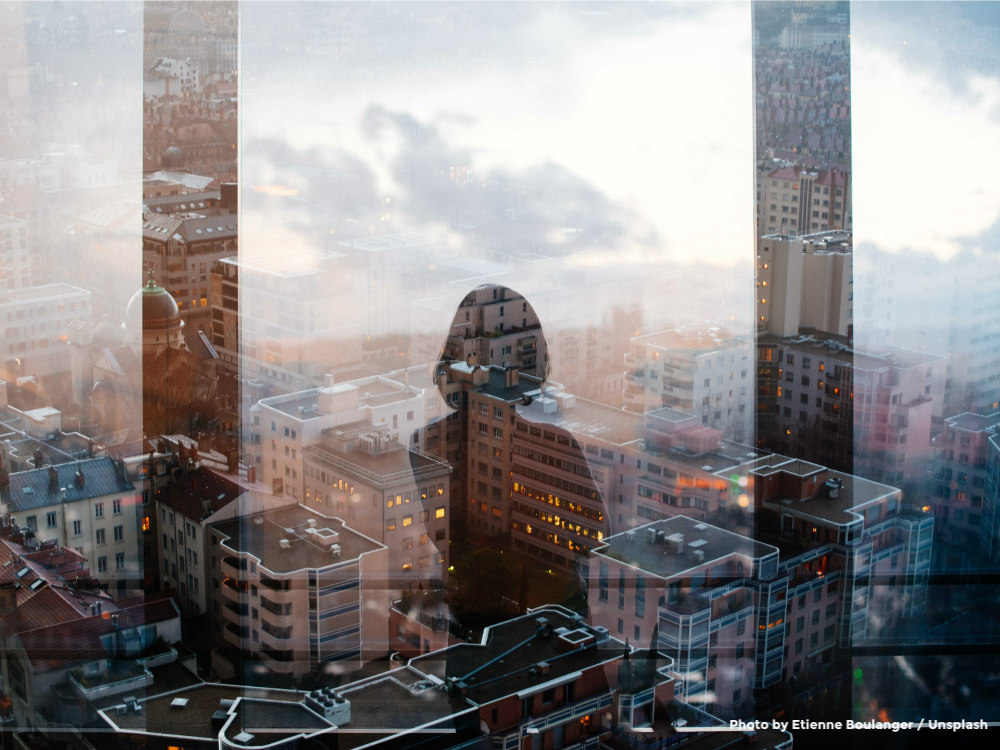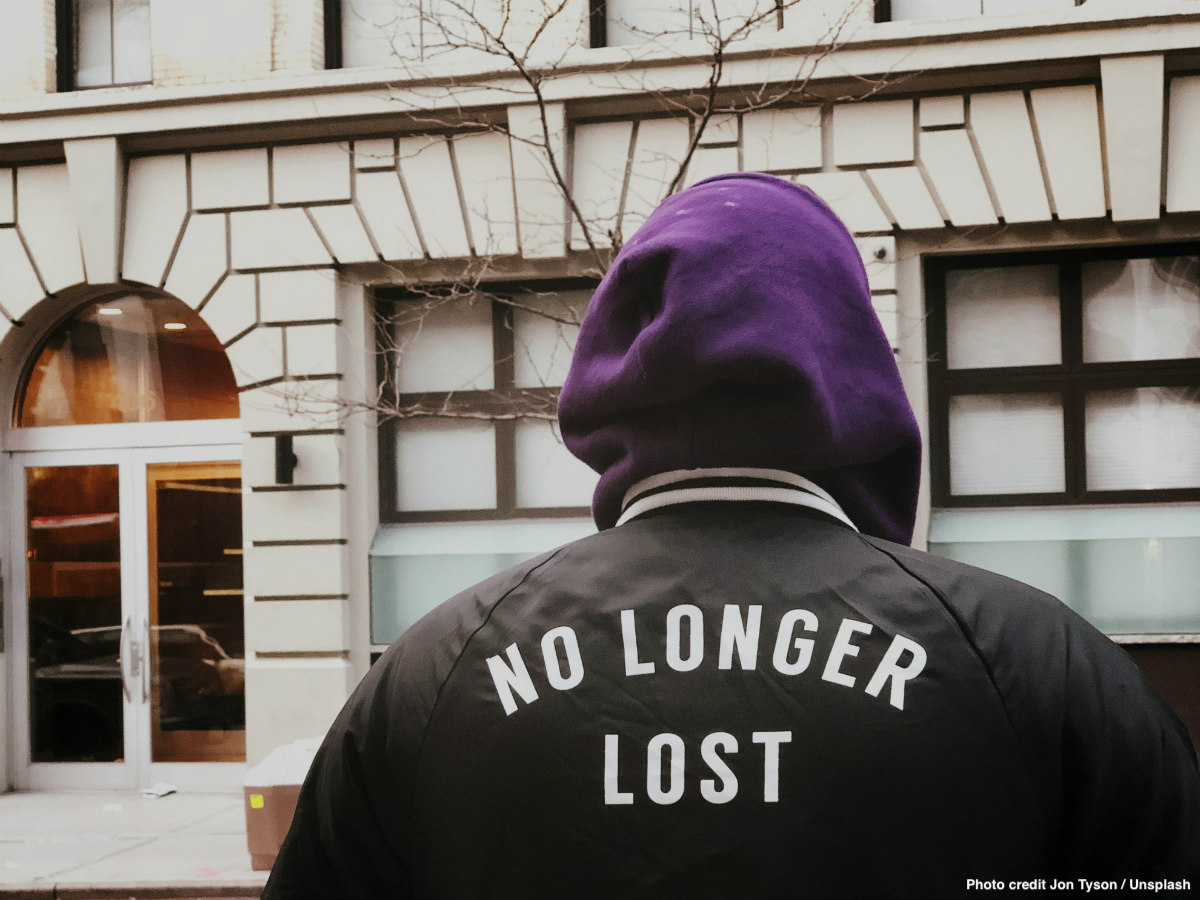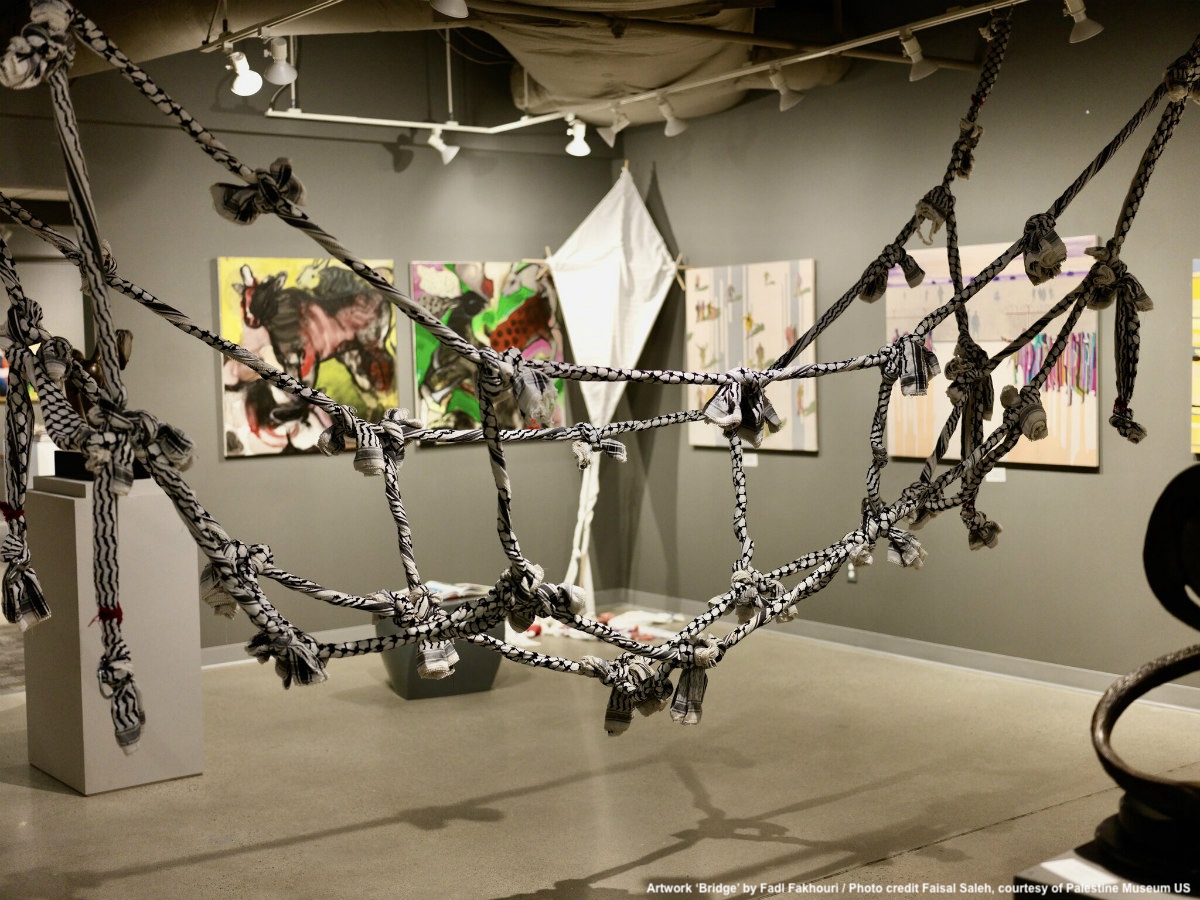It’s going to be a lonely time for all of us. We are confined at home and asked to keep social distancing. During this time, we may experience loneliness in our cities. For some urban dwellers this state of mind is not new. Due to the Covid-19 pandemic, now every citizen has been affected by an old reality: the epidemic of urban loneliness.
It seems unimaginable to think that living in a city with millions of people – rubbing shoulders everyday on public transport, at public spaces and on the streets – one could ever feel or be lonely. ‘Loneliness is just a feeling’ says one of the cards that passersby get at the ‘So lonely’ public interventions.
But very few people agree with that statement on the card, although in the research field loneliness is always described as a feeling, observes Sabine Böhlau.
Sabine Böhlau is the co-founder of the organization Kairosis, the producer of ‘So lonely’ thanks to the financial support of the Soziokultur Fund, the cultural department of the City of Munich as well as funding by several district committees in Munich.
She had the idea to bring the project to life while attending a funeral in Munich, where no family members or friends of the deceased were present.
Certainly cities can be isolating, solitary places where some people even end up dying alone. It has always struck me to read in the obituaries section in a local newspaper in Munich, six short ones on a daily average, where the local authorities asked family members or friends to contact the administration.
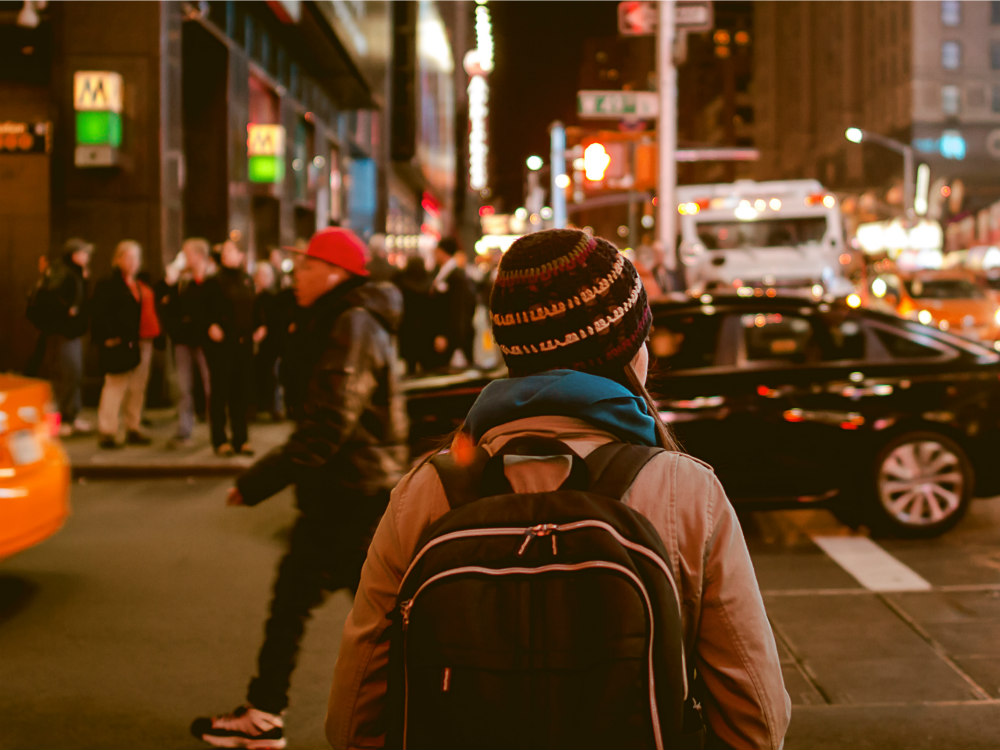
But loneliness in cities is not a problem exclusive to the elderly people. ‘Standing there at the funeral I wondered which life decisions and strokes of fate lead to this person’s loneliness’, explains Böhlau. ‘And so I thought to keep an ear out on the street, to take notice through artistic interventions on how urban dwellers regard social isolation’.
The Ministry for Loneliness
‘So lonely’ most popular intervention is an imaginary Ministry for Loneliness. In the UK there is already one. In 2018 the former Prime Minister Theresa May appointed a Minister for Loneliness, the first in the world, overwhelmed by the fact that more than nine million people in the country often or always feel lonely, according to a 2017 report published by the Jo Cox Commission.
‘Our pretended Ministry for Loneliness is an info stand at public space to stimulate dialogue around the topic. Some people think it is for real’, explains Böhlau. ‘Furthermore, we share with some passersby provocative cards including statements like Family is a guarantee against loneliness or Whoever is lonely, is himself to blame’.
Citizen’s reactions are very different; some display strong emotional backlash, which turns out to be enriching conversations.
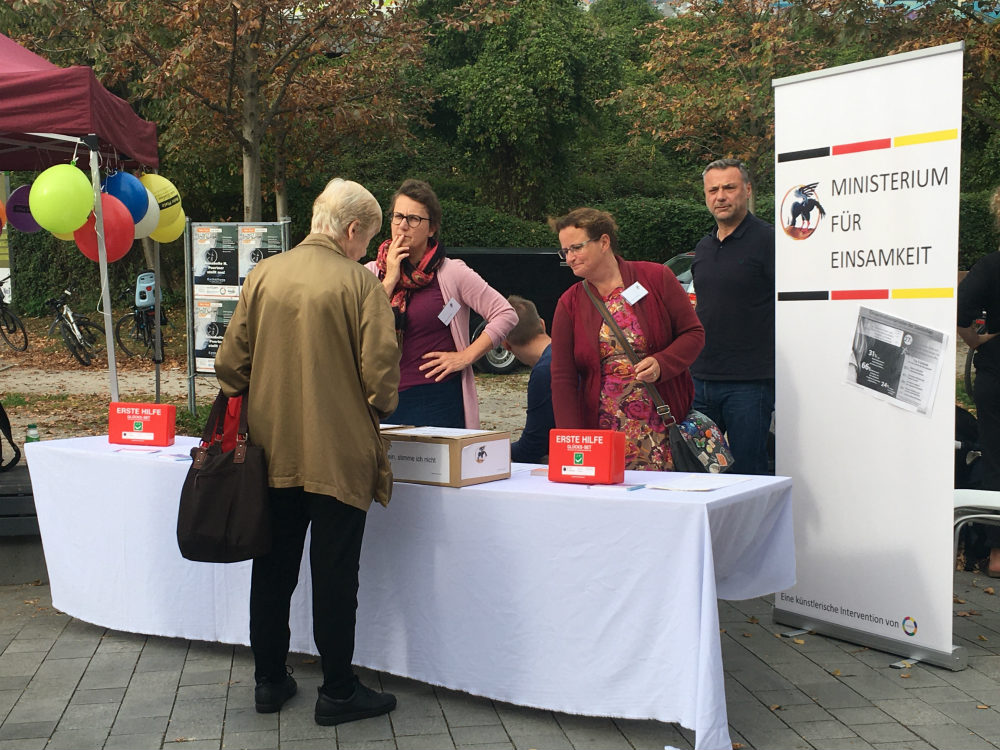
All those reactions and impressions will end up in the planned theater production directed by Anette Weber and the dramatic advisor Walter Gratz – both experienced in working with amateurs in theater, who have an interest in the topic and a desire to play.
Presumably, they will launch the play in October 2020. It will take place at three different locations in the spirit of life is a journey and the city is the setting. The decisions taken at each location will influence the scenic play of the next ones and, eventually, lead to loneliness. In this sense, it will begin at the Ostfriedhof cemetery, performers together with the audience will then take the tram to the cultural center Giesinger Bahnhof, where the second part of the piece will be played out.
The protagonists are two professional actors accompanied by a theater choir, in the manner of a Greek chorus (plays of the ancient Greek theatre always included a chorus that offered a variety of background and summary information to help the audience follow the performance). They will call the chorus ‘the people’ (‘die Leut’, in Bavarian dialect), who comment on what has happened and contribute with their view on things.
The creative power of this avant-garde form of theatre touches people’s hearts as ordinary citizens interact with the performers. Participatory theatre evokes compassion and deep understanding about the topic.
Loneliness is humiliating
Loneliness in cities is a taboo subject because it is embarrassing for people. We live in a society where our lives are supposed to run well.
Loneliness is humiliating. Yet it is worth taking it out of the shadows. Actually the number of people opening up is increasing, explains Weber.
A sign displaying ‘Listening for free’ is also available at the info stand of ‘So lonely’. Citizens can share their concerns and experiences with a psychologist, who can give advice.
But ‘So lonely’ goal is not to provide places in cities where people can talk to each other and break down loneliness but rather raise awareness about the problem. Empathy might not be an antidote against loneliness but it is a medicine.
In Munich, social institutions, community centers and old people’s centers are already trying to become such contact points for lonely people. Many cities speak of the so-called “third places”, spaces that provide informal opportunities for local people to intermingle socially on neutral ground.
For instance, in London the supermarket chain Sainsbury launched an experiment one year ago called Talking Tables, a scheme which asked stores to set up dedicated tables to tempt shoppers into conversation. The concept has been developed in close association with the Chatty Café Scheme.
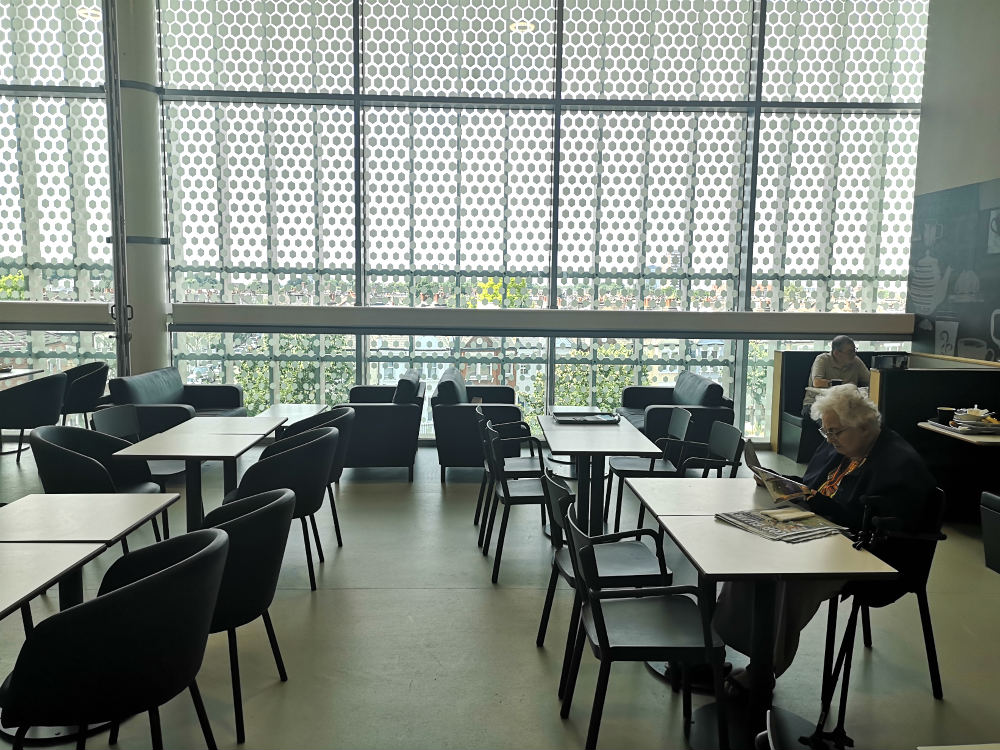
Similarly the organization The Loneliness Lab is experimenting with solutions to make London a less lonely city to live in for many people. They have supported the project ‘London is lonely’, created by Irene Palacio and Tessa Blencowe. It is a great immersive art exhibition about loneliness in the city.
Some years ago another theatre project in Munich ‘Servus Salam’ directed by Uta Plate brought aged citizens and young refugees to perform together in a beautiful and moving story about a common suffering; loneliness. They became friends in real life and shared frustrations and experiences.
Do you feel lonely? If you do, you are not alone. Loneliness is a global issue. Now, in times of the Covid-19, the pandemic offers at least an opportunity to lean out of the window or balcony and connect with neighbours, even if we have to sacrifice some valuable anonymity for some sense of community.
It’s going to be a lonely time for all of us. Let’s open up and ease the epidemic of loneliness.
